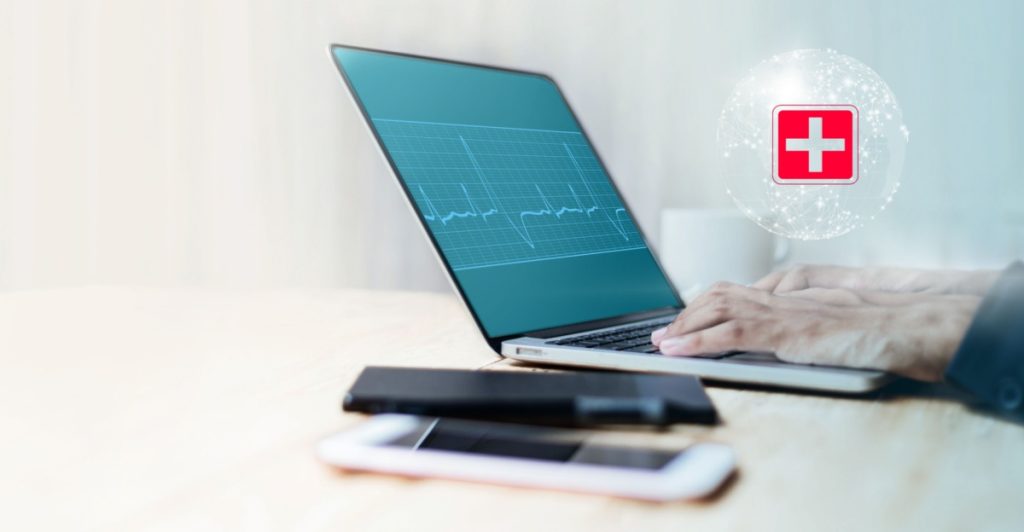OpenAI is testing the waters of the $5 trillion healthcare industry. Sources close to the company say the AI powerhouse is evaluating plans to launch consumer health applications
Others are reading now
OpenAI is testing the waters of the $5 trillion healthcare industry. Sources close to the company say the AI powerhouse is evaluating plans to launch consumer health applications — potentially reshaping a market where Big Tech has stumbled for years.
A new frontier
According to Business Insider, OpenAI is considering several possibilities, including a personal health assistant or a data aggregator that would allow users to manage their medical information. The move would mark one of the company’s most ambitious expansions beyond AI infrastructure and enterprise tools.
The company’s healthcare strategy is led by Nate Gross, cofounder of healthtech platform Doximity, who joined OpenAI in June. Two months later, Instagram executive Ashley Alexander was appointed vice president of health products. During the HLTH conference in October, Gross highlighted OpenAI’s reach, noting that ChatGPT serves around 800 million weekly users — many seeking medical guidance.
“Consumers have historically gone to Google to ask their health questions,” said Greg Yap, a partner at Menlo Ventures. “It’s clear that they’re now starting to shift those questions over to LLMs through a more conversational process.”
Solving a persistent problem
Investors believe OpenAI could succeed where other tech giants failed: creating a true personal health record. Efforts by Microsoft, Google, and Apple over the past decade largely fizzled due to privacy challenges and the fragmented nature of medical data.
Also read
Microsoft’s HealthVault shut down in 2019 after poor adoption, while Google’s early health record project ended amid privacy criticism. Apple’s Health Records app remains active but depends on hospital data-sharing agreements.
Jennifer Yoo, a regulatory partner at Fenwick & West, told Business Insider that newer companies are now using AI to link patient records for personalized support. Yet she cautioned that “AI suffers from that friction just like anyone else. You can’t personalize information if you don’t have the data.”
A shifting regulatory landscape
Some obstacles are easing. A U.S. federal ban on “information blocking” now prevents hospitals from restricting patient access to records. But compliance remains inconsistent, with many institutions still limiting downloads or exports.
Data intermediaries such as Health Gorilla and Particle Health are helping bridge that gap by aggregating and standardizing patient data. Yoo suggested OpenAI might partner with such firms to avoid the technical and legal risks of managing health records directly.
Consumers, meanwhile, are increasingly eager to use AI for personal health insights. When GPT-5 launched in August, OpenAI CEO Sam Altman said healthcare was one of ChatGPT’s top use cases and that the model could “help you understand your healthcare and make decisions on your journey.”
Also read
Partners, not patients
OpenAI has not encouraged users to upload medical records and says its models should not replace professional diagnoses. In early November, viral posts falsely claimed ChatGPT had stopped providing health advice — a misunderstanding of OpenAI’s updated usage policies, which limit medical decision-making but still allow general information sharing.
If OpenAI avoids direct record handling, it could emulate Apple’s HealthKit by aggregating information from third-party wearables and apps. At HLTH, Gross said partnerships will be key: “The greatest amount of good will come from a robust ecosystem of partners.”
Potential allies include consumer testing firms like Function Health and Superpower. The company is also working with pharmaceutical leaders Eli Lilly and Sanofi on drug discovery and with healthtech firms such as Penda Health on AI clinical tools.
A wider health strategy
Beyond consumer products, OpenAI is building software for clinicians and health systems, positioning itself against startups that have dominated administrative automation. Investors see this as a sign that the AI giant intends to play across the entire healthcare spectrum — from patient engagement to hospital operations.
“Amazon’s been one foot in healthcare, one foot out. Microsoft, kind of the same way,” said Blake Wu of NEA. “We haven’t seen that with OpenAI. It’s pedal all the way down.”
Also read
Sources: Business Insider, Reuters, HLTH Conference 2025


